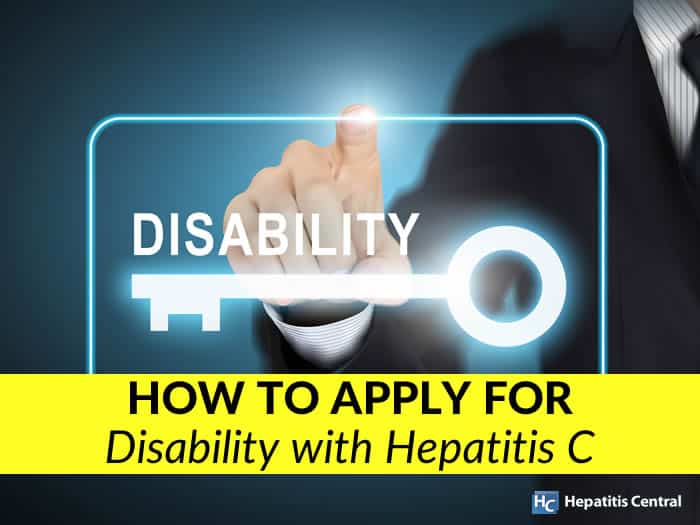How to Apply for Disability with Hepatitis C


Hepatitis C is a viral infection that damages the liver and can lead to a number of other serious health complications. You may live for years relatively symptom-free. When Hepatitis C begins to affect employment though, you can potentially get disability benefits from the Social Security Administration (SSA).
These benefits can allow you to focus on your health rather than on how you’ll pay the bills. They can cover everyday living expenses and help pay medical costs as well. Qualifying for disability additionally makes access to state or federal health insurance available, including Medicaid and/or Medicare coverage.
The SSA’s Disability Programs
People with Hepatitis C may get benefits through two separate disability programs:
- Supplemental Security Income (SSI) is a need-based program that looks at both your medical condition and your financial situation. If you meet the SSA’s medical requirements and have limited income and assets, you may qualify for SSI. In most states, SSI recipients will be automatically enrolled onto Medicaid.
- Social Security Disability Insurance (SSDI) is for disabled workers who paid Social Security taxes and accumulated “work credits” by paying these taxes. Your age when you become disabled determines how many work credits you need, but most workers do qualify. Keep in mind you must also satisfy medical eligibility rules. SSDI recipients are automatically enrolled onto Medicare 24 months after the onset of their disability.
Qualifying Medically for Benefits with Hepatitis C
The SSA requires medical conditions meet a particularly severity level before they consider them disabling. Your medical records are your primary evidence for proving you qualify. You must work closely with your doctor, not only to manage your disease but also to ensure your medical history is as thorough as it can be. This helps ensure the SSA has the evidence they need to evaluate your disability claim and to understand how your Hepatitis C stops you from working.
To qualify for benefits, your medical records must meet the SSA’s disability listing for chronic liver disease. This listing is complicated and contains a lot of medical terminology and test results proving that your liver is inadequately functioning. It is exceptionally difficult to understand whether or not your Hepatitis C will qualify without your doctor’s assistance.
Your doctor is your primary advocate when it comes to applying for benefits. He or she can translate the chronic liver disease listing and can help you know whether you meet the SSA’s requirements. Your doctor can also help you by writing a statement that documents your case history and your current physical and mental limitations.
One simple way to qualify is if your Hepatitis C progresses to a point at which you need a liver transplant. If you receive a liver transplant, the SSA will consider you medically disabled for at least 12 months. One year after your transplant procedure, the SSA will revaluate your claim and determine if you are able to work again.
Submitting Your Application
SSDI and SSI are separate programs and require separate applications:
- You can apply for SSDI online or at any SSA office. Find the office nearest you by calling 1-800-772-1213 or by using the online locator found here.
- Submitting an SSI application requires you participate in an interview. This may be done over the phone in some cases, but most interviews are conducted at SSA branch offices. Stop by the office nearest you or call the 1-800 number listed above.
No matter which program you’re applying for, you’ll want to be prepared for answering all the required questions. Gather your:
- employment history,
- medical records,
- financial information,
- and contact details for all your doctors or other healthcare providers.
Be sure to fill out the application completing and don’t leave any blanks. Failing to provide an answer to every question, even if the answer is “not applicable,” can cause delays in processing your disability claim. With careful medical documentation, your claim will hopefully be approved quickly and you can focus on what matters: recovery.







